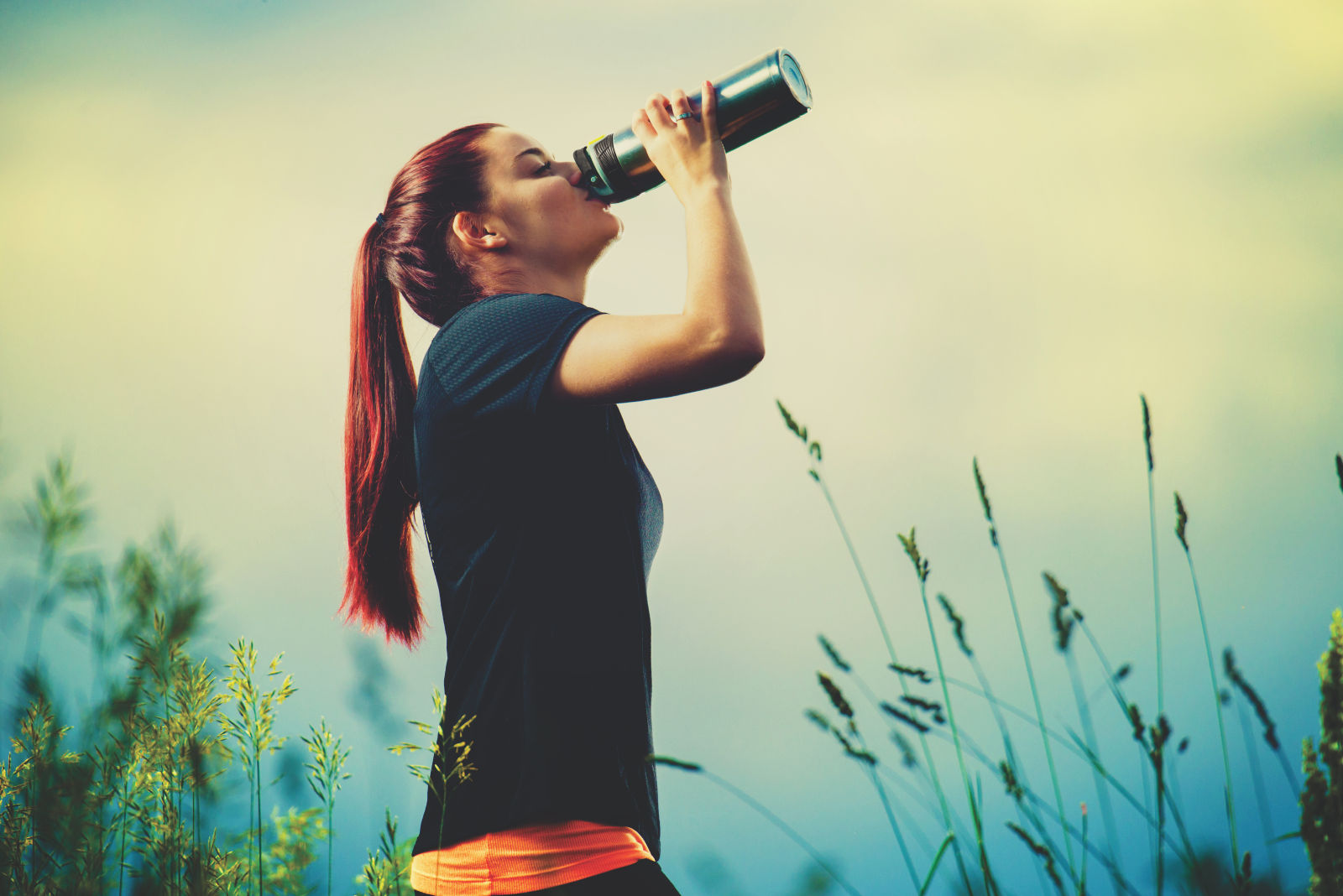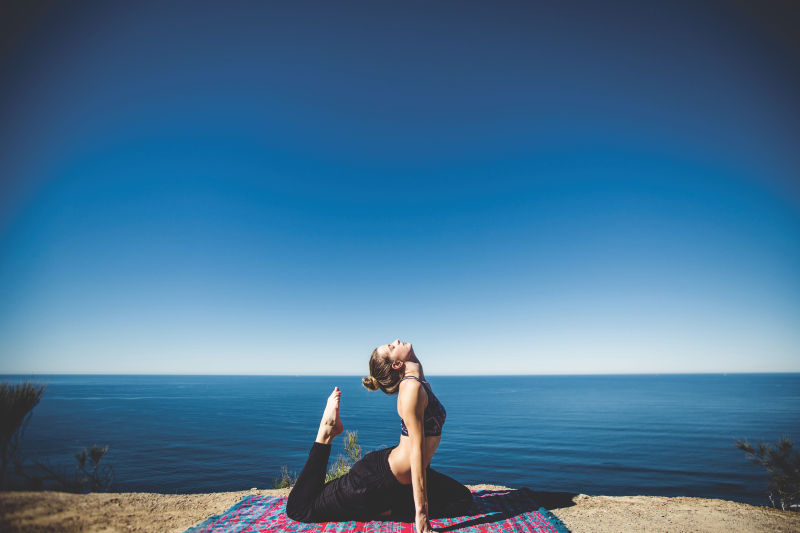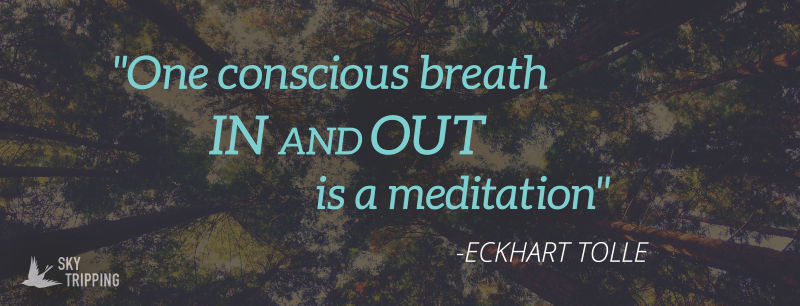
When my husband and I planned on having kids I was excited for the future. I worried a little about all the things parents worry about, like whether they would have friends, whether they’d make good choices, or how best to protect our relationship and keep it alive through our children’s tumultuous teenage years. What I didn’t even consider worrying about was whether or not my children would struggle with depression.
Many of my friends now have children in their teenage years, and for some of them this isn’t merely a concern — it’s a reality. The love they have for their kids is undeniable.
As observant parents they were quick to recognize the depression. They took their kids into the doctor hoping to help them avoid any of the dangerous effects that might follow from the unexpected mental or emotional struggle their children were facing. These sweet children were put into therapy and given medications to stop the sadness.
For some it “worked”. They take their pills and attend therapy regularly and that became the new normal for them.
For others, it didn’t work out so well. I’m saddened when I consider that I have two different friends with a child who has committed suicide. I knew these kids as happy kids, full of life and excitement. When they were younger they were joyful, and it showed in their scampers and their smiles. I still remember each day when I heard the news: the reality that these bright young kids had ended their lives crippled me. These were normal, happy, carefree kids!
How did this happen?
STRIKING AT THE ROOT OF THE ISSUE
These parents did everything that they were supposed to do. The doctors followed protocol. And they were given all the help that was available. And still, it failed them.
As a mom I see that same joy in my kids, and in the rarest moments it terrifies me. What if their joy turns to darkness? Is medication and therapy our only option? What if the “normal” route ends up being the wrong path for us, too?
I have no doubt that for some conditions, medication is the best option. But I can’t help but wonder if our “one size fits all” view on treating depression is the only (or best) approach to consider.
I came across this story recently and it gives me hope — hope for my family; hope for my friends; and hope for any that are battling difficult emotional challenges, who maybe wonder if there’s an option that doesn’t involve surrendering their future to pharmaceuticals or physicians.
Julia Bowyer spent a decade on antidepressants and anxiety medications. She lived those ten years without sadness, but sadly she also functioned without many emotions at all.
“Every time I went in with a new problem, my doctors…were less concerned with digging into the root of the issue, which I was unsure of and would have liked to explore, and more apt to reach for their prescription pad for a quick fix. I started to feel like I was regulating my daily activities with pills, especially my sleep. The scary part is that I felt just fine on all of these medications––not particularly happy, but also not particularly sad.
By 23, I was working at my dream job for a magazine that I loved. Things were going well; my life was headed in the direction I had always hoped for. I knew I should feel happy, proud, satisfied––but I didn’t. I didn’t feel much of anything. As I saw how my peers reacted to their individual successes and failures, I began to realize my usual emotional cocktail of numbness and detachment wasn’t normal. I got promoted, broke up with my boyfriend, watched a sibling go to rehab…I knew I should react to these major life moments, but nothing seemed to really make me feel anything.” (emphasis added)

Julia’s retelling of this trying time really struck a chord with me, and made me question whether perhaps we are so worried about masking the symptoms and possible effects of the depression that we don’t allow ourselves to get to the root of what’s causing it.
“There are a thousand hacking at the branches of evil to one who is striking at the root.” – Henry David Thoreau
The most common motivators for someone to stop taking their antidepressant medication is a desire to eliminate the side effects of the medication, followed by a fear of dependency. After reading the pharmaceutical warning labels, I can see why. The list of side effects is daunting. It includes symptoms such as an increase in suicidal thoughts in children, adolescents, and young adults; chronic trouble sleeping; involuntary quivering; tachycardia; hair loss; bleeding of the stomach or intestines; mania; and a high risk of chemical dependency to the medications themselves.
Perhaps it’s misplaced to ask if the risks outweigh the benefits, but one must at least wonder whether there isn’t a safer way to treat these conditions without having to accept the treacherous side effects that accompany the chemical course of action.
Julia explains how she was able to get off antidepressants and break the dependency to a medication by naturally using mindfulness, meditation, and a healthy lifestyle. Her article is a must read to anyone who has experienced depression, and a valuable insight into the struggle for anyone who hasn’t. Despite the fact that her article was written from the perspective of one dealing with mental illness, I believe that these are healthy tips that can benefit all of us.
Like Julia, I have observed three common areas of focus for those who set out to conquer their depression or anxiety naturally:
MINDFULNESS
“Every few months, I ask myself, Is this still working for me? Do I feel okay? If I confirm that I feel alright, I stick to my daily routine of meditation and exercise. If the answer is “no”, it’s time to call my doctor to discuss. The ability to identify my feelings is, in large part, thanks to my meditation practice.” -Julia Bowyer
Mindfulness is a state where you are awake and aware and focused on the present; where you observe your thoughts and feelings without judging them as good or bad.
Focus on you, listen to your body, and notice your stress levels and where they are coming from.
Over time you will be able to identify your feelings. When you gently acknowledge the negative thoughts and address them they lose their ability to control you.

MEDITATION
My son has a home health service. For nearly two years we had the same nurse who came in and out of our home, sometimes twice a day. We loved her for the sweetness she brought into our home while helping to care for my son.
One day she slipped on the ice and took a traumatic hit to her head. She had a concussion and some bruising on the brain. In the weeks following her injury, it was clear that something was different about her. She was more quiet. We had grown to think of her as family, and it hurt to see her countenance suddenly lose the sparkle we loved so much. She finally confided in us that she had almost completely lost the ability to feel…she would have brief moments of happiness, but they were gone as quickly as they came. She was left with the fear that this emptiness might become her new normal.
She finally set up an appointment to see a doctor. Twenty minutes later she walked out of his office with a prescription. It didn’t help. She went back, and the doctor raised the dose and added a second medication. Again, it didn’t work. Not finding relief left her feeling hopeless. She admitted to having destructive thoughts — not exactly suicide, but feelings that she didn’t want to live any longer. She hoped for an accident that would take her life and relieve her family of the burden of worrying about her.
One day she mentioned that everyone had some piece of advice for her, and that most would tell her to go out and get some exercise. She shared with me how that comment hurt more than it helped: “I have to force myself to get dressed. I cry the whole time I get ready for work, because I know I don’t have the strength. I don’t know how much longer I can fake my normal routine…how am I supposed to find the desire to go running?”
She knew they meant well, but that didn’t help when her tank was on empty. The expression on her face, day in and day out, told the whole story: she had nothing left. She would go home after work and sit for hours doing nothing.
Instead of pushing herself to do more, a wise friend told her to listen to her body’s need to be quiet and still. She suggested that instead of idleness she should start doing Mindful Meditation.
It didn’t happen overnight, but during the next couple of months the change was obvious. She returned to starting her day with a smile and, ironically, she developed the energy and mental strength to begin exercising again. She still says that she can feel the “darkness creeping up” but now she knows what it is and how to stay in control of her thoughts.
HEALTHY LIFESTYLE

You can’t expect to feel good if you aren’t feeding your body the proper fuel. We all recognize that a good diet can help protect you from a wide range of disease such as Alzheimer’s, diabetes, heart disease, and obesity. But your diet can also impact your mental health as well.
Katherine Zeratsky, R.D., L.D. from the mayo clinic wrote about studies that show that those who consume a diet with highly refined foods such as processed meat, sugary desserts, fried food, or refined cereals were more likely to report a struggle with depression than “people who follow the Mediterranean diet — which emphasizes fruits, vegetables, and fish.”
If you are making good food choices you will feel better and have more energy to do the things your body needs to do in order to heal.
Download Sky Tripping today and experience the peace and tranquility of immersive aerial videos in nature. DOWNLOAD TODAY»
Learn More
MY PERSONAL TAKEAWAYS
As a mother I was so thankful to find this story of Julia’s journey. Treating Depression naturally may not be the answer for everyone, but after reading her account I believe more than ever that this is a discussion that is long overdue. I am relieved to learn my children can benefit from powerful meditative tools if they discover they are one of the many kids/adults that struggle with depression.
If you struggle with depression we would love to join you on your journey of testing a more natural approach, and we would love to hear about your experiences along the way!
Even if you do not have symptoms of depression, these are great tips for everyone. I challenge you to take time today to make healthy choices, meditate, and be mindful of your body and emotions.
“An ounce of prevention is worth a pound of cure.” – Benjamin Franklin




















